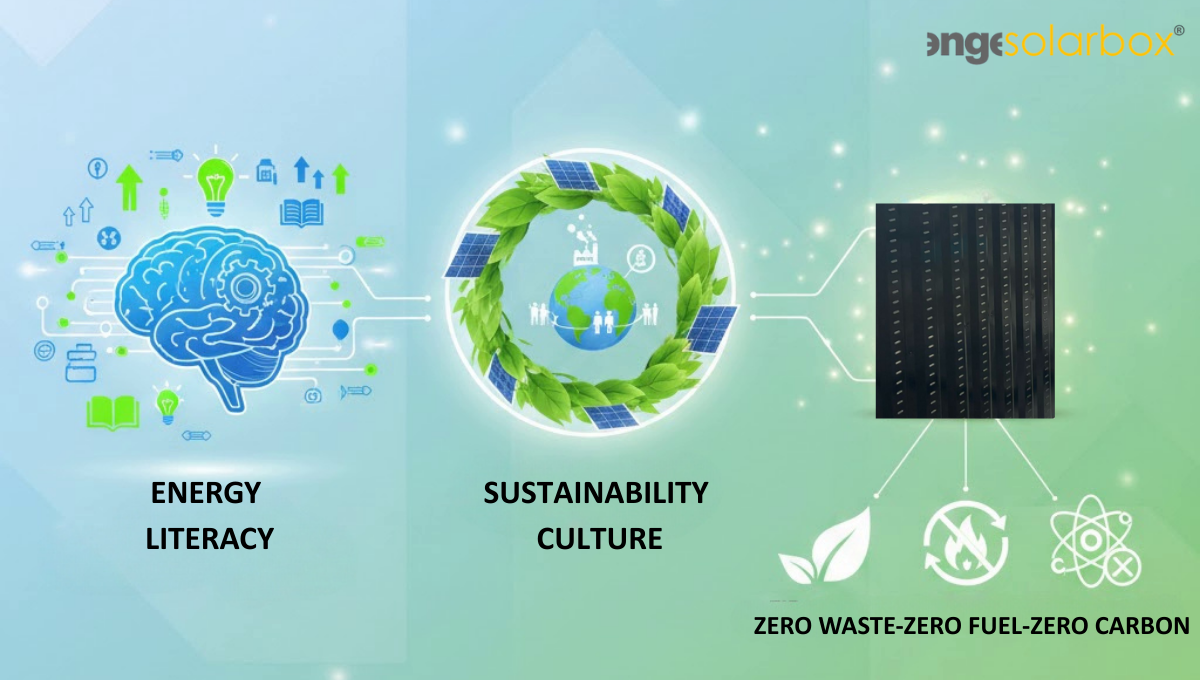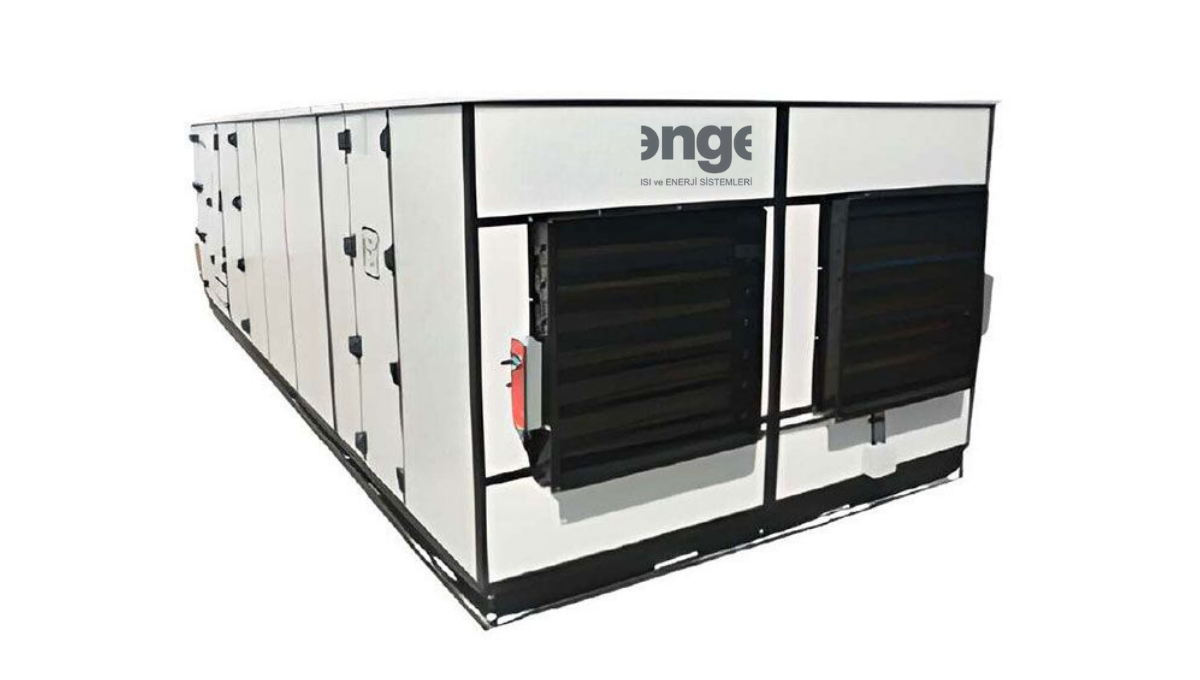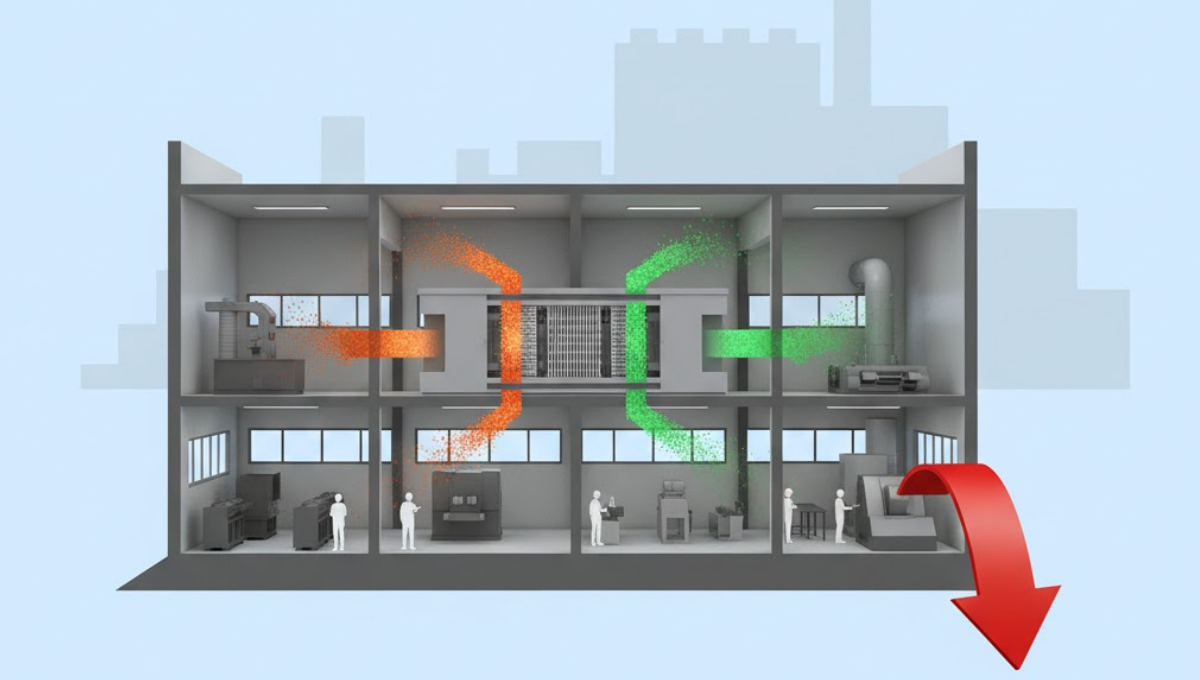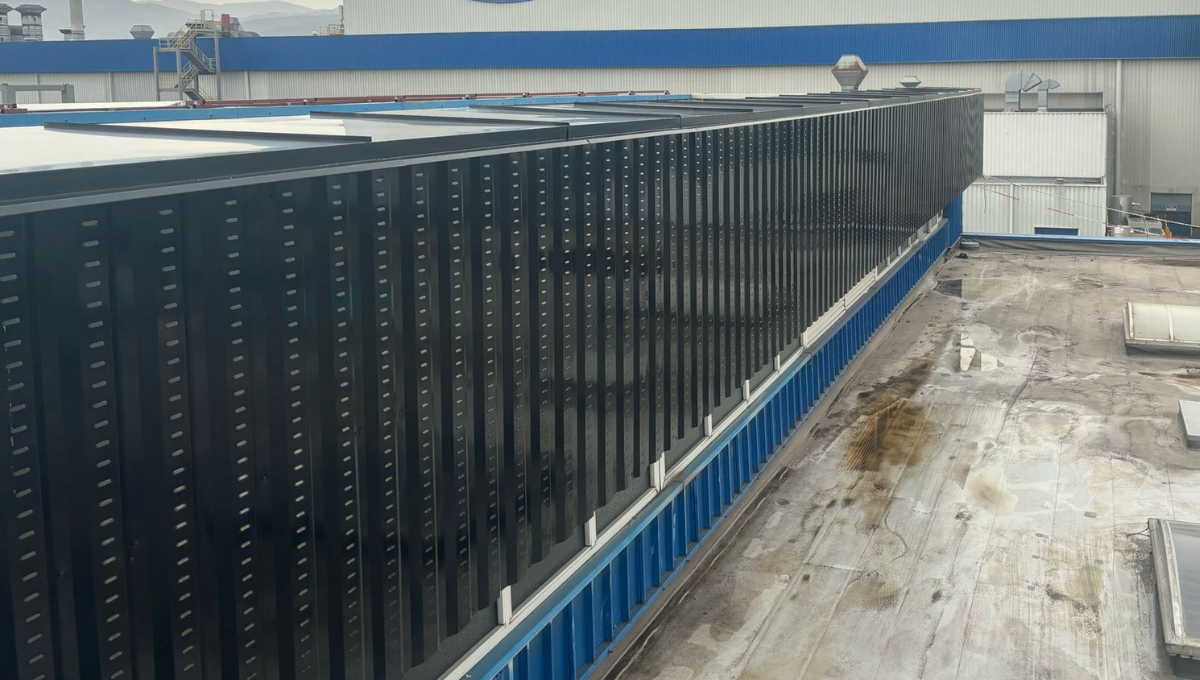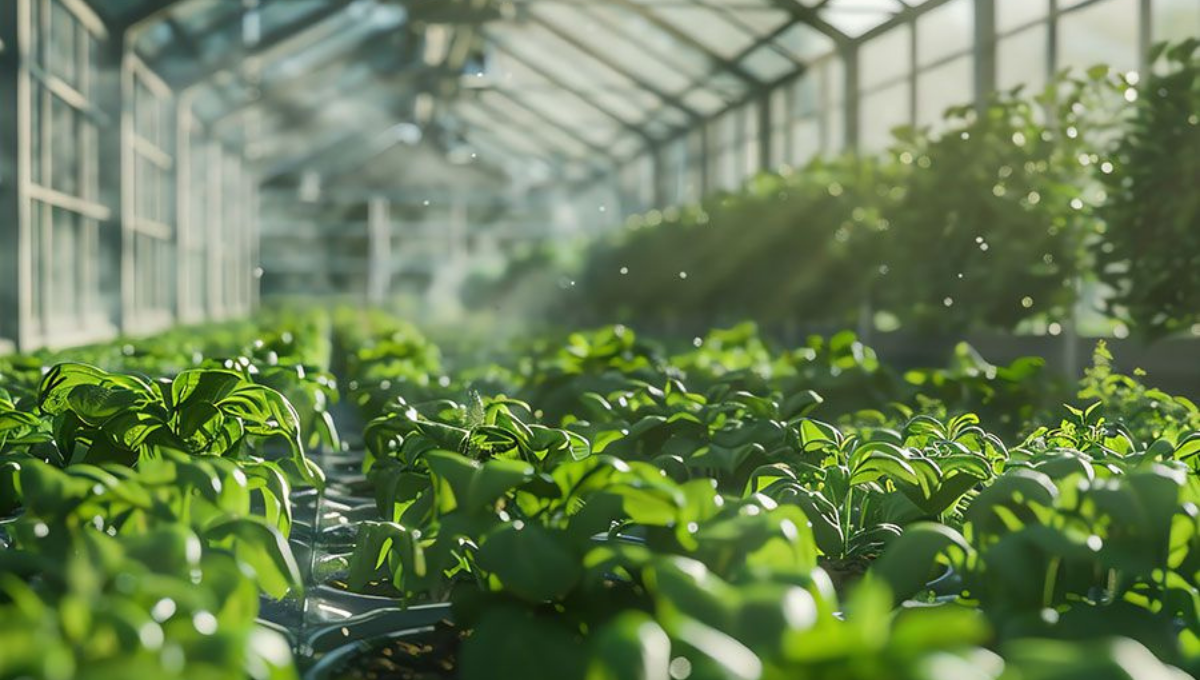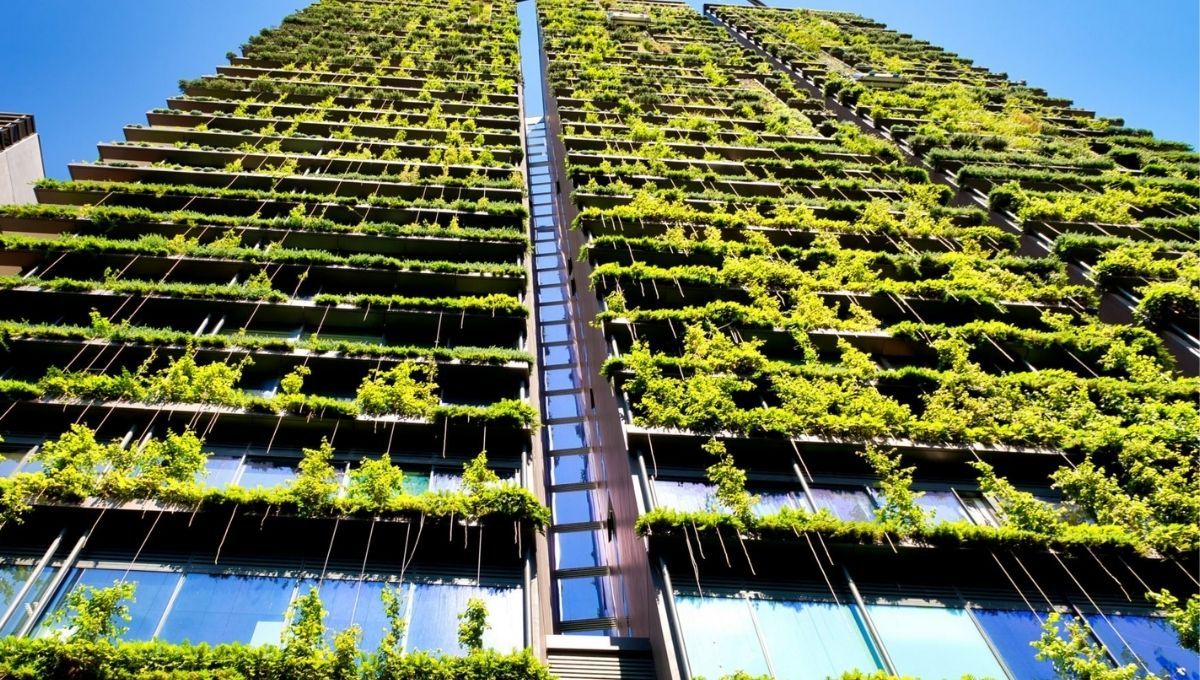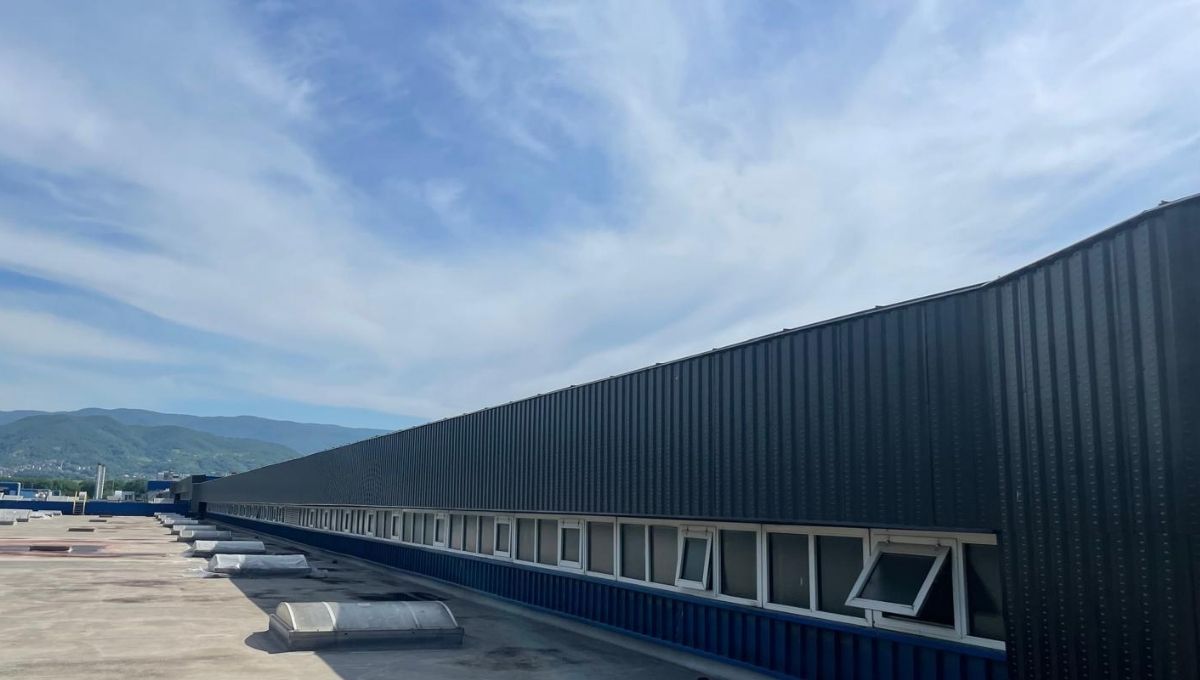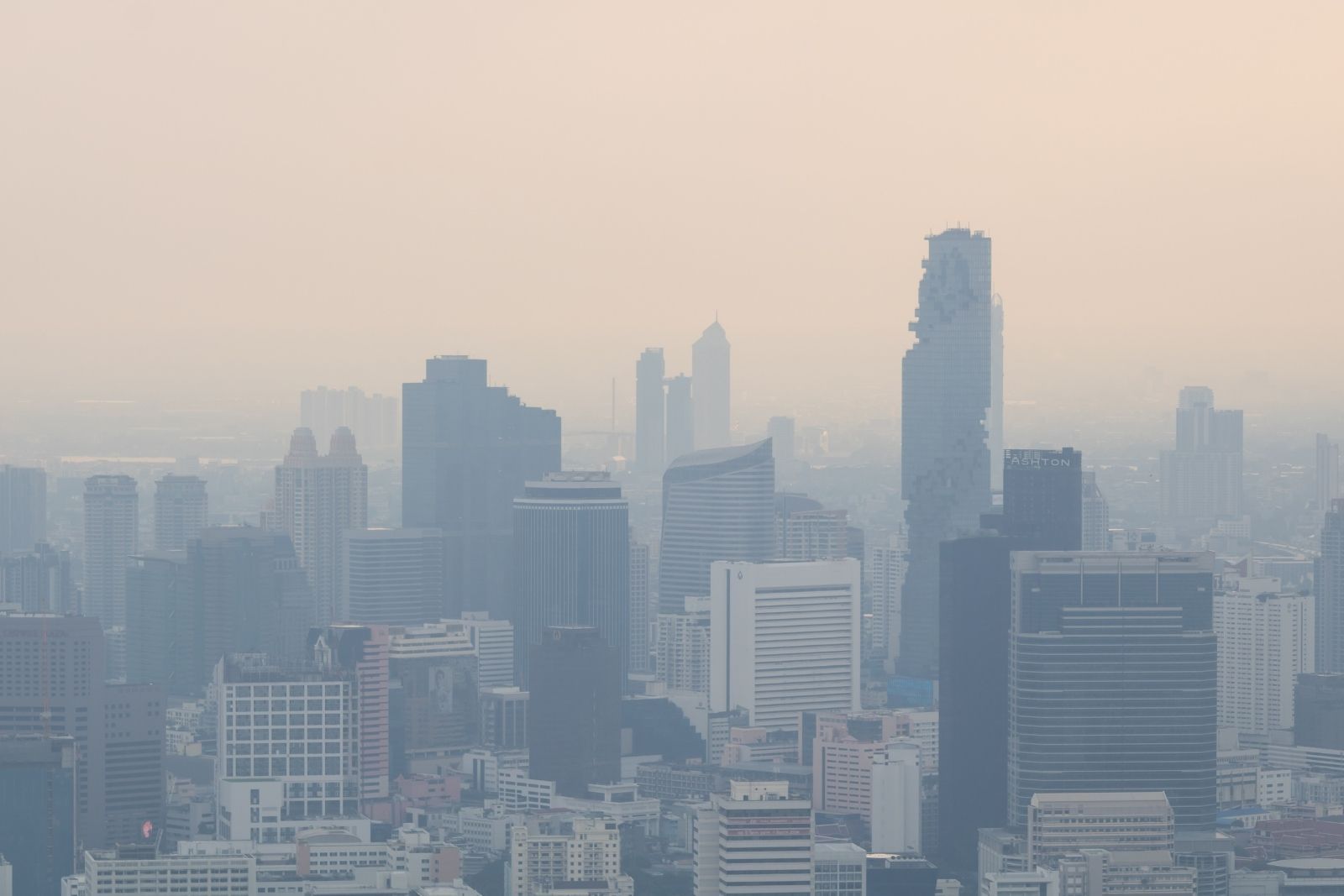
How Can We Protect Our Children from Air Pollution?
Children are much more sensitive to air pollution due to their developing respiratory and immune systems. Prolonged exposure to polluted air can lead to health problems in children, including asthma, bronchitis, allergies, and even developmental disorders.
Air pollution is one of the most serious environmental issues we face today, especially in urban areas. The air we breathe is a fundamental necessity that affects not only adults but also our children directly. Children are particularly vulnerable to air pollution due to their developing respiratory and immune systems. Prolonged exposure to polluted air can lead to health problems in children, such as asthma, bronchitis, allergies, and even developmental disorders.
In this article, we will examine the effects of air pollution on children, measures that can be taken at home and outdoors, and how Enge Energy’s solutions can help improve indoor air quality.
Why Are Children More Sensitive to Air Pollution?
Children breathe more air relative to their body weight compared to adults, which means they are exposed to higher levels of pollutants. Additionally:
- Their lungs and respiratory tracts are still developing, making them more susceptible to toxins.
- Their immune systems are not fully mature, increasing vulnerability to infections caused by polluted air.
- They spend more time outdoors and may unknowingly stay in polluted areas while playing.
These factors make it essential to provide special protection for children against air pollution.
How Does Air Pollution Affect Children?
Air pollution consists of particulate matter (PM2.5 and PM10), carbon monoxide, nitrogen dioxide, sulfur dioxide, ozone, and other pollutants. These can cause the following health issues in children:
- Increased frequency of asthma attacks
- Allergic reactions and nasal congestion
- Chronic respiratory diseases
- Weakened immune system
- Negative effects on brain development and learning difficulties
- Concentration problems and sleep disturbances
Long-term exposure to polluted air not only lowers children’s quality of life but can also impact their academic performance and psychological development.
Measures to Take at Home
We can take simple but effective steps to keep the air we breathe indoors clean and healthy:
- Plan Indoor Ventilation Properly
- Avoid opening windows during heavy traffic hours, especially in the morning and evening when outdoor air pollution peaks.
- Ventilate briefly during periods when the outdoor air is cleaner.
- Use air-purifying plants such as snake plants, peace lilies, or ivy.
- Use Clean Heating and Ventilation Systems
- Systems that use solid fuels, coal, or wood increase indoor air pollution.
- Use clean, efficient systems and regularly maintain or replace filters.
Enge Energy’s ENGESOLARBOX® uses solar energy to meet building heating and ventilation needs, eliminating fossil fuel usage and improving the air quality children breathe.
- Avoid Tobacco Smoke
- Smoking indoors is one of the most harmful sources of indoor air pollution.
- Secondhand smoke is a major cause of respiratory diseases in children.
- Limit Use of Chemical Products
- Many cleaning and personal care products contain volatile organic compounds (VOCs).
- Avoid perfumes, air fresheners, and harsh cleaning products in children’s rooms.
- Monitor Air Quality
- Use air quality monitors to track indoor air conditions.
- On high-risk days, limit children’s outdoor exposure or provide protective masks.
Measures to Take Outdoors
Children also need protection from air pollution during outdoor activities like school, park visits, or sports:
- Plan outdoor activities based on air quality index levels.
- Choose walking or play areas away from high-traffic routes.
- Parks and tree-covered areas are safer because vegetation filters particulate matter.
- Avoid outdoor activities during high pollution alerts.
Measures in Schools and Daycare Centers
Children spend a large part of their day at school or daycare, so these environments must also maintain healthy air conditions:
- Install efficient ventilation systems with regular maintenance.
- Prefer filtered air circulation systems in classrooms and monitor outdoor air pollution when ventilating.
- Schoolyards should be as green as possible, and play areas should be away from traffic.
Enge Energy’s solar-powered ventilation systems provide natural, silent, and clean air circulation in schools and similar institutions, ensuring children breathe healthy air throughout the day.
Children’s health is directly linked to the air they breathe. While it is impossible to completely eliminate air pollution, individual and collective awareness can significantly reduce its effects. Small but effective measures at home, school, and outdoors can help ensure children grow up in a healthier environment.
Enge Energy’s eco-friendly renewable energy solutions contribute to cleaner air in children’s living spaces, protecting their health and supporting our goal of leaving a livable world for future generations.
Similar Content
